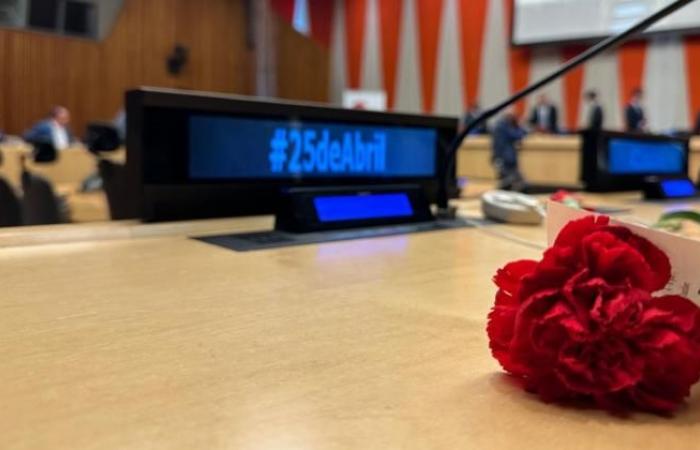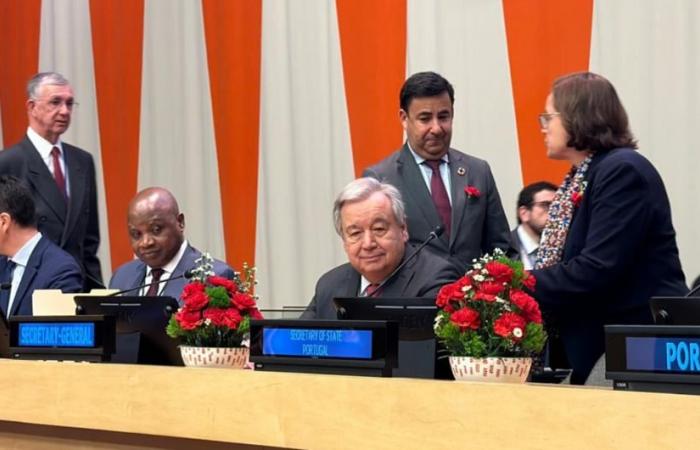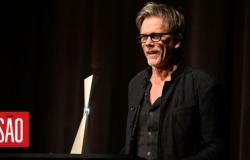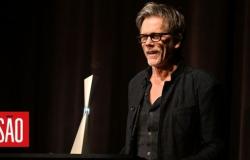This Wednesday, the UN Economic and Social Council hosted an event organized by Portugal to celebrate the 50th anniversary of the “Carnation Revolution”, which took place on April 25, 1974. The date is celebrated in the European country as “Freedom Day” , as it represented the end of a dictatorial regime that lasted more than four decades.
The UN Secretary-General, António Guterres, and the permanent representatives to the United Nations from Portugal, Mozambique, Brazil, Spain and Timor-Leste participated in the activity.
Eleuterio Guevane/UN News
The UN Economic and Social Council hosted this Wednesday an event organized by Portugal to celebrate the 50th anniversary of the “Carnation Revolution”, which took place on April 25, 1974
Personal experience of the UN leader
In his speech, Guterres stated that he was born and raised during the dictatorship.
The UN leader stated that he “knows what it is like to be arrested and tortured for having an opinion different from that of the government”.
Guterres commented that at the time all forms of association and freedom of expression were prohibited and only opinions favorable to the government could be published in the press.
For him, the Portuguese dictatorship was oppressive and “incapable of understanding progress, with a vision linked to fascism and a ruralist approach to society”.
Eleuterio Guevane/UN News
The event was attended by the UN Secretary-General, António Guterres, and the permanent representatives to the United Nations of Portugal, Mozambique, Brazil, Spain and Timor-Leste
New Age
The Portuguese Mission to the UN, responsible for the event, emphasized the fact that the Carnation Revolution gave rise to an era marked by the “three D’s of April”: Democracy, Decolonization and Development.
The first aspect refers to the introduction of a new Constitution in Portugal and the rescue of civil liberties. The second to the recognition of the independence of the new African nations and the awareness that “the struggles of the colonized peoples allowed Portugal to be freed”.
The third aspect concerns the beginning of a process of regional development and multilateral integration that contributed to “stable social and economic development”.
The commemorative event program also included two musical performances. The first called “an appeal to freedom”, with the performance of the song “Grândola, Vila Morena” by the young Portuguese artist Júlia Machado.
The song became known as an anthem of the Carnation Revolution. The second performance was a Portuguese Guitar concert by Marta Pereira da Costa.
Tags: Portugal celebrates years advances generated Carnation Revolution







